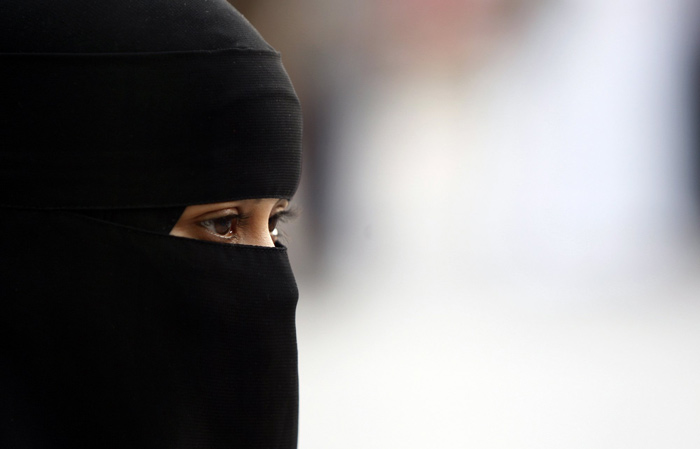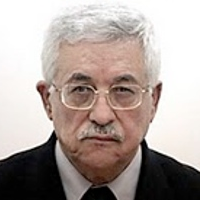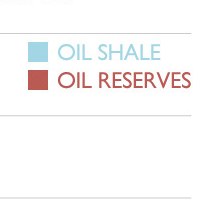![]()
Thu, Nov 25, 2010 | A-Sharq Al-Awsat | By Iman Al-Khattaf
Saudi Arabia: Rise In Domestic Abuse Cases
The Arabic newspaper, A-Sharq Al-Awsat, reported last Thursday that Saudi specialists and human rights activists have expressed concern about increasing cases of domestic violence in Saudi Arabia, recorded against women specifically, despite the fact that there is more than a month remaining in 2010.
The National Society for Human Rights summarized its latest statistics to Asharq Al-Awsat, which reveal that the organization has received 294 cases of domestic violence from the beginning of this year until October 2010. This is already more than the total recorded last year (257 cases).
According to the latest statistics, cases of physical and psychological violence make up around 74 percent of total cases recorded by the organization, from the beginning of this year to last month. Then next most common case was the refusal to give permission for marriage (6.8 percent), followed by asylum seeking (4 percent), sexual harassment (3.4 percent), abuse as a result of drug or alcohol addiction (2.7 percent), denial of salary and property infringement (2.7 percent), preventing children from seeing their mother (1.7 percent), the denial of education (1 percent), and finally the denial of employment (0.3 percent).
Asharq Al-Awsat also obtained the latest statistics for personal status cases recorded with the National Society for Human Rights for this year until October, which totaled 295 incidents. The most common case was the prevention of a spouse from seeing their children (26 percent), followed by child maintenance issues (23 percent), custody issues (20 percent), divorce cases (14.5 percent), the denial of inheritance (6.7 percent), refusal to grant a divorce, and abandonment (4.4 percent), unrecognized spouses and divorce claims (2.7 percent), and finally cases where the husband is deemed incapable of supporting the family (2 percent).
According to the latest figures, the total cases of abuse recorded by the National Society of Human Rights, since its inception 6 years ago, until October 2010, stands at 1835 cases, whilst the total number of personal status cases registered with the organization during the same period stands at 1825.
Sharifa al-Shamlan, supervisor of the Women’s Department in the Commission on Human Rights in the Eastern Province, said that the increasing cases of abuse against women are linked to what she described as “the pressures of life”, pointing out that “a lack of monetary resources causes pressure on both sides (men and women). This goes beyond abuse against women, and also extends to the child, who is neither well-educated nor well-fed”. Al-Shamlan explained that “economic abuse against women is spreading amongst the poor sectors of society, and these acts include the denial of inheritance, as well as preventing women from working or earning a salary, and so on”.
She added that the majority of cases received by the Commission on Human Rights were issues of custody and alimony. She also highlighted the increase in cases of women being prevented from travel and education, saying: “We deal with these issues seriously; we were able to win the right for girls to travel, and have improved their affairs, but not enough to fully address these cases. What is needed is the force of the law, there must be a system overruling all in this regard”.
As for Dr. Khalid al-Halibi, director of the Center for Family Development in al-Ahsa, he believes that the most prominent cause of abuse is the continued practice of traditional upbringings in Saudi households, which differ from Islamic upbringings, which have been supported by psychological studies and modern guidelines. He added: “[In a traditional upbringing] a woman would remain silent instead of claiming her human rights, whilst the man would continue to mistreat her, whatever his family relation. However, there are some instances when the women can provoke the man to lose his temper, with her unrealistic demands, or with her digressions” …. “The abuse of females, in the form of beatings and insults, denying their right to inheritance, or neglecting them emotionally, completely goes against Shariaa law. This dictates that girls in particular, and women in general, are a blessing, and by treating them well, one can be shielded from hell, and guided to heaven. I believe that the solution lies in the need for widespread public awareness, and significant funding for these campaigns. Developing our towns and streets is not as important as developing our human rights, and safeguarding their values. We must establish the family on the basis of psychological stability, so that it is able to produce model citizens”.
The United Nations has declared the 25th of November as the International Day for the Elimination of Violence against Women (resolution 54/134). The United Nations has called on all governments, international organizations, and NGOs, to organize activities and raise public awareness of abuse against women.
Read full article at A-Sharq Al-Awsat; Thu, nov 25, 2010.



 RSS
RSS











Saudi Arabia: Rise in Domestic Abuse Cases | #SaudiArabia #Islam #Abuse http://j.mp/fZYDbD
RT @CrethiPlethi: Saudi Arabia: Rise in Domestic Abuse Cases | #SaudiArabia #Islam #Abuse http://j.mp/fZYDbD